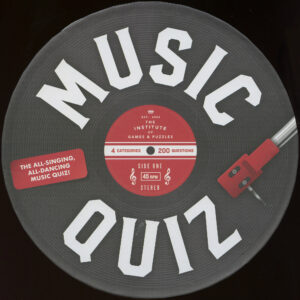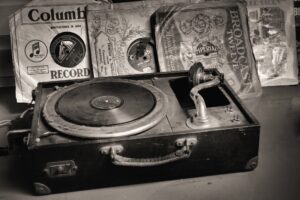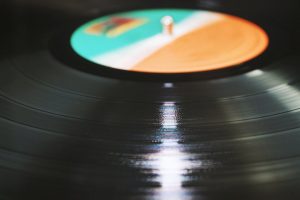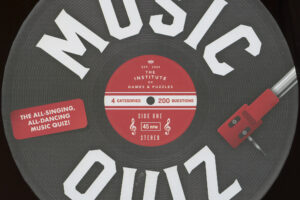Every discussion of Robin Trower mentions Jimi Hendrix somewhere — usually at the beginning. It’s undeniable that Trower sounds a lot of like Hendrix. That’s good and bad. It’s writing a lot like Faulkner, pitching a lot like Maddux or dancing a lot like Astaire. It’s a compliment. But, at the same time, it implies a secondary position: “You’re so good that you are almost as good as that other person.”
All that aside, the fact is that Robin Trower is one of the truly great guitarists. George Starostin offers a tremendous amount of information on Trower at Only Solitaire. Here is how he starts:
Robin Trower originally became famous as guitar player for Procol Harum, but after leaving the band in 1971 he set off on his own solo career that had nothing to do with Procol Harum any more. In fact, Trower represents that rare case of an artist who’s achieved fame and success not just twice – in a band and solo – which is normal, if we look at other examples like Paul McCartney or Peter Gabriel, but among crucially different audiences. The funny thing is that not too many Trower fans speak highly of his Procol Harum period, and not too many Procol Harum fans are particularly interested in checking out Trower’s post-Procol career. Some, in fact, go as far as to prefer post-Trower Procol Harum to Trower’s Procol Harum, even if the majority of that band’s most renowned work dates to Trower’s period in the band, and he was an obvious asset, contributing highly to the band’s overall sound.
This is in fact why I preferred to put Trower on a solo page rather than slapping him in the Procol Harum appendices (well, another reason is that his output is way too large to form nothing more than an appendix). The fact is, Trower’s musical preferences and stylistics always differed a lot from the one of his Procol colleagues. Trower was essentially an R&B guitarist; his stylistic connection with Hendrix is well-documented and a matter of fact, although many people seem to be displeased with the comparison. I don’t, however, see any problem in the term “Hendrix disciple” – on the other hand, it’s an obvious compliment. And being a Hendrix disciple, arming himself with cool guitar tones, distortion, fuzz, wah-wah and an impressive playing technique that relied very heavily on tricky electric effects, Trower did indeed stand at odds with Procol’s classically influenced sound. I always found the striking contrast between the unharnessed roar of Robin’s six-string and the beautiful solemnity of Brooker and Fisher’s keyboards a unique distinction of Procol Harum and an impressive stylistic gimmick that always worked in the band’s favour. But apparently many band fans don’t think so, limiting themselves to enjoying the keyboards, and apparently the band itself ceased to think so at some point, as Trower left in 1971, which was very surprising considering that the band’s later albums (Home, Broken Barricades) were very seriously Trower-dominated.
A more straight ahead bio is available at AllMusic.
TDMB previous posted on Procol Harum. Above Trower plays “A Little Sympathy” — featuring annoying camera angles and a very hard working drummer. Below is “Bridge of Sighs.”









